Listen on your favorite app
OVERSHOOT | Shrink Toward Abundance
OVERSHOOT tackles today’s interlocked social and ecological crises driven by humanity’s excessive population and consumption. The podcast explores needed narrative, behavioral, and system shifts for recreating human life in balance with all life on Earth. With expert guests from wide-ranging disciplines, we examine the forces underlying overshoot: from patriarchal pronatalism that is fueling overpopulation, to growth-biased economic systems that lead to consumerism and social injustice, to the dominant worldview of human supremacy that subjugates animals and nature. Our vision of shrinking toward abundance inspires us to seek pathways of transformation that go beyond technological fixes toward a new humanity that honors our interconnectedness with all beings. Hosted by Nandita Bajaj and Alan Ware. Ranking in the top 1.5% of all podcasts globally, we draw listeners from across 150 countries.
Read our Listener Feedback. | Support this podcast. | Subscribe to our newsletter.
New to our podcast?
There are over 80 episodes of OVERSHOOT. If you are new to the podcast and looking for a good place to start, we recommend you listen to these episodes first.
Latest Episodes

“Hopium” and the Long Defeat
The rhetoric of “hopium” is failing as ecological overshoot deepens. We're living in the long defeat and we must own and confront it with courage. Award-winning essayist, Pamela Swanigan, joins us.
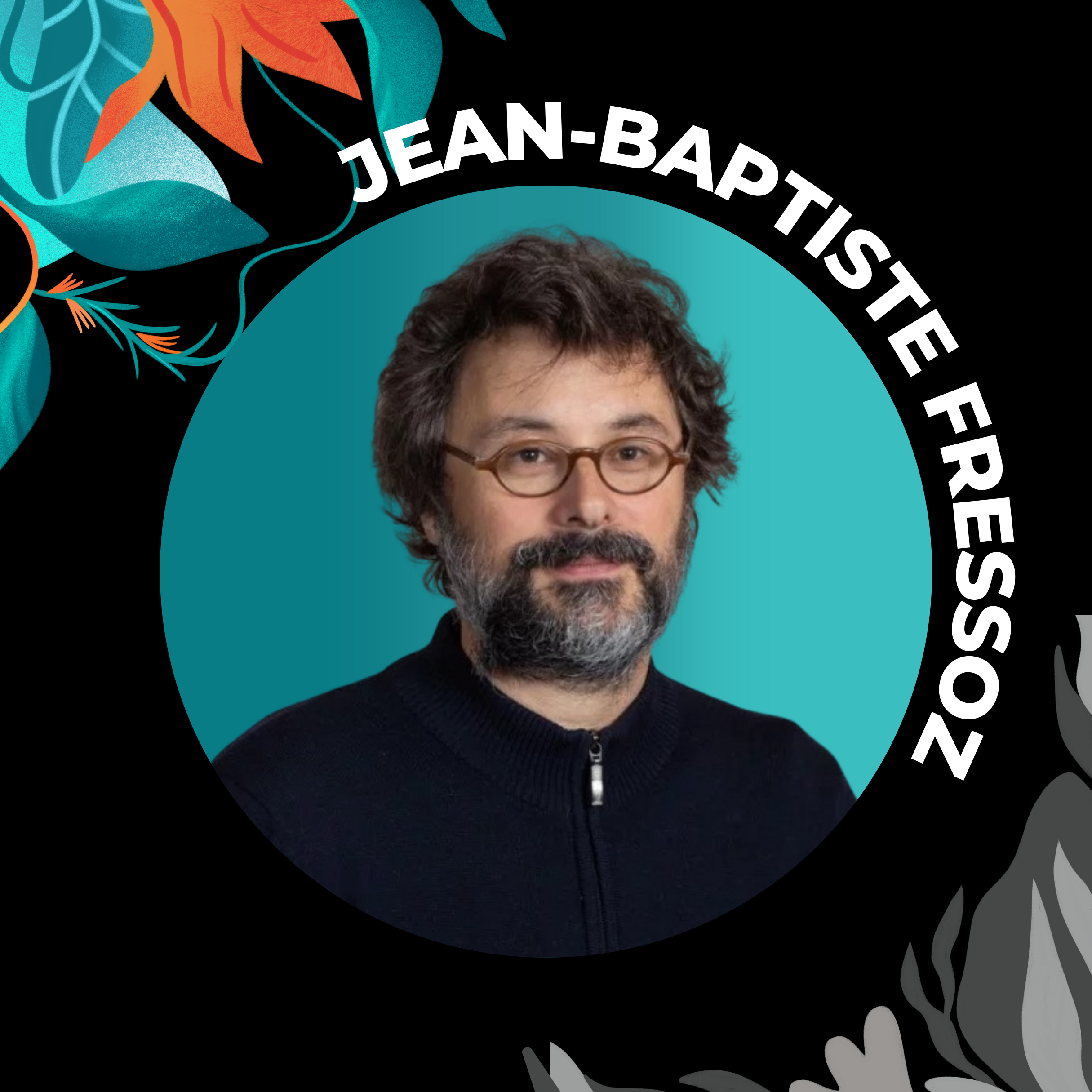
The “Energy Transition” Delusion
There is no energy transition - only ongoing and symbiotic energy addition. Historian Jean-Baptiste Fressoz, author of More and More and More: An All-Consuming History of Energy, joins us.
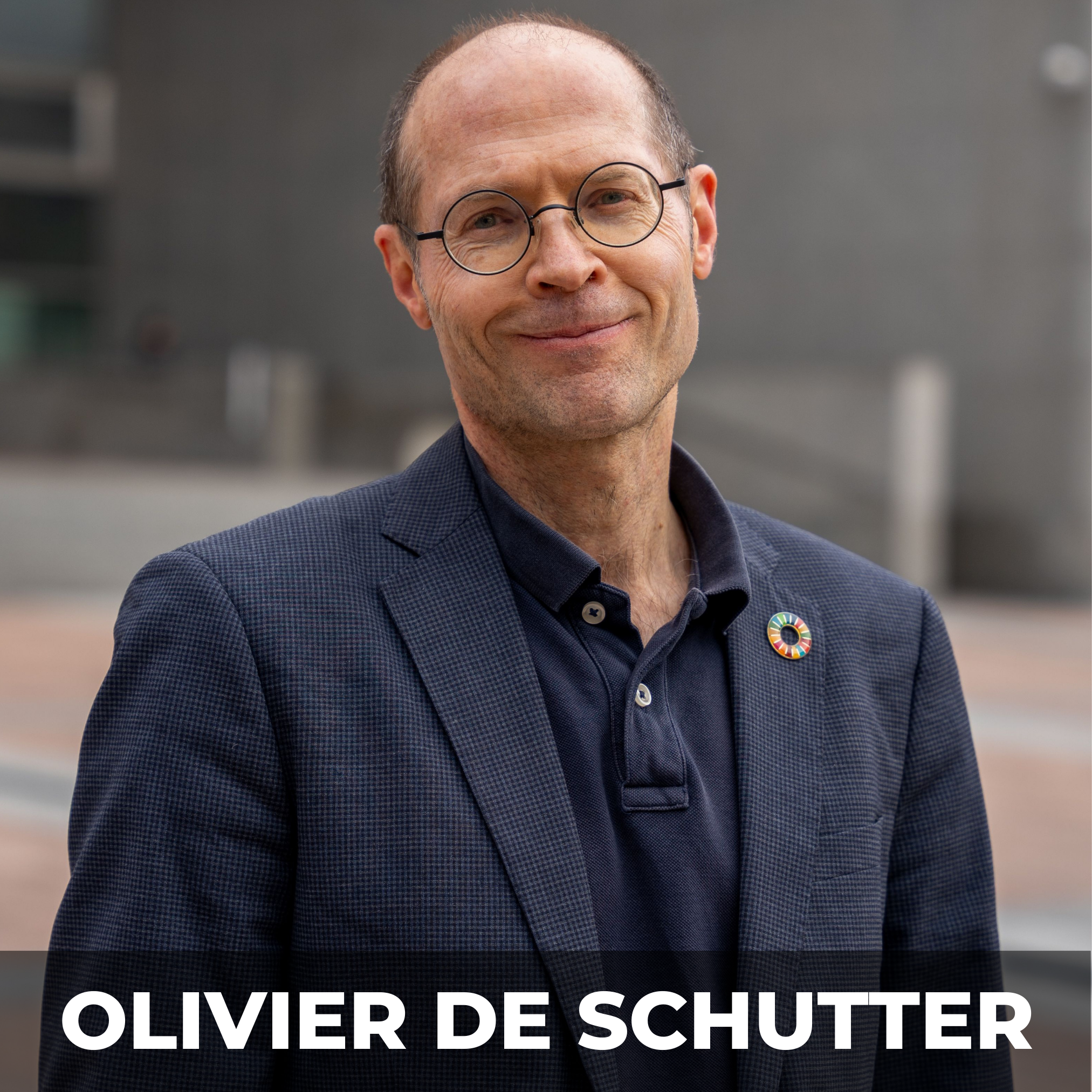
The Poverty of Growth
Obsession with growth is enriching elites and killing the planet. Olivier De Schutter, UN Special Rapporteur on extreme poverty and human rights and author of The Poverty of Growth, joins us.
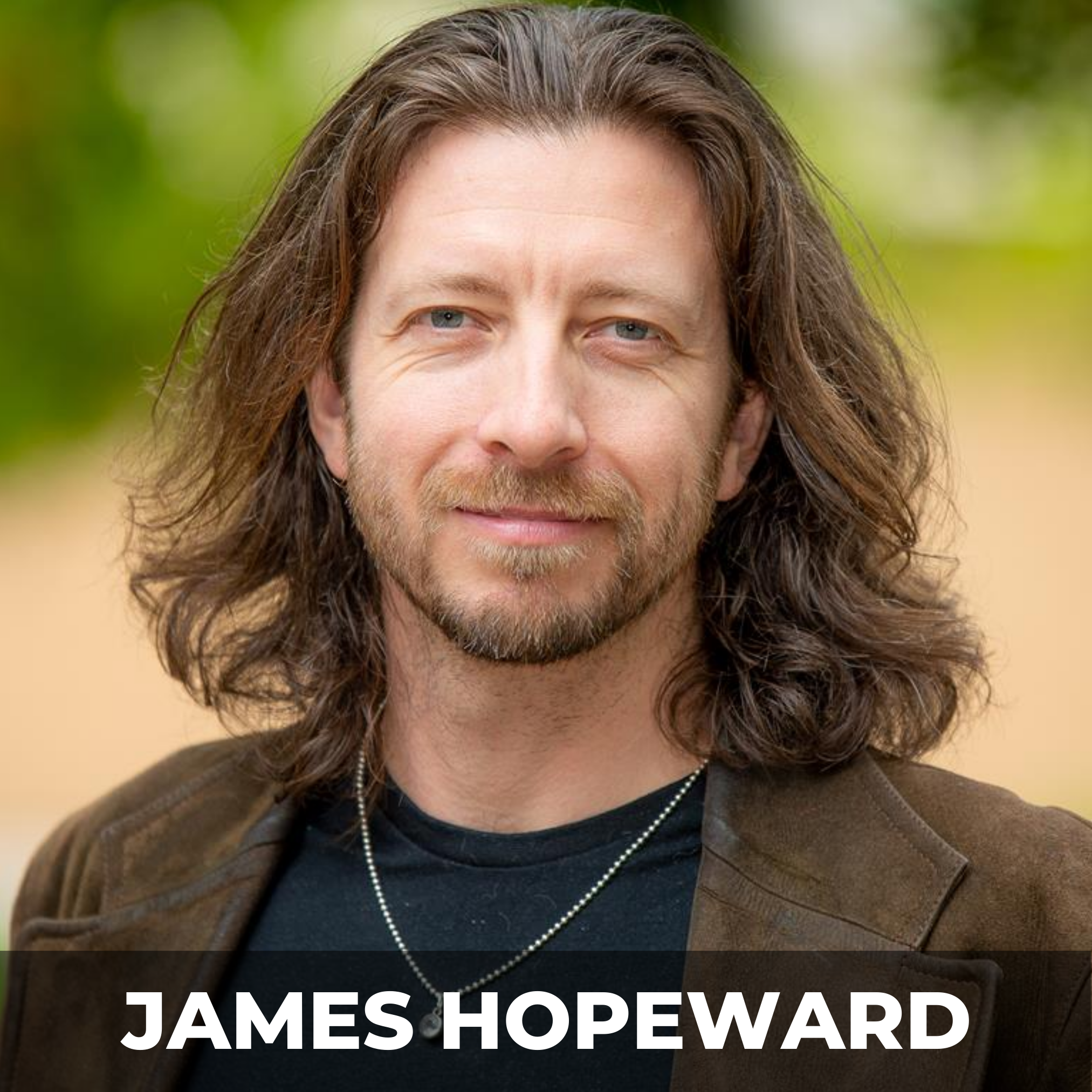
The Delusion of Decoupling
Economic growth is failing the planet, and it’s time for a change. James Hopeward, environmental civil engineering professor, joins us.

Highway to Hell: The Dystopian Fantasies of Tech Billionaires
The dystopian visions of ecologically blind tech billionaires are shaping our future in alarming ways. Émile P. Torres, philosopher and historian, joins us.

Welcome to the Great Unraveling
Environmental and social breakdown from intersecting crises is accelerating, but how can we navigate it? Asher Miller and Rob Dietz of the Post Carbon Institute join us to discuss their latest report, Welcome to the Great Unraveling.
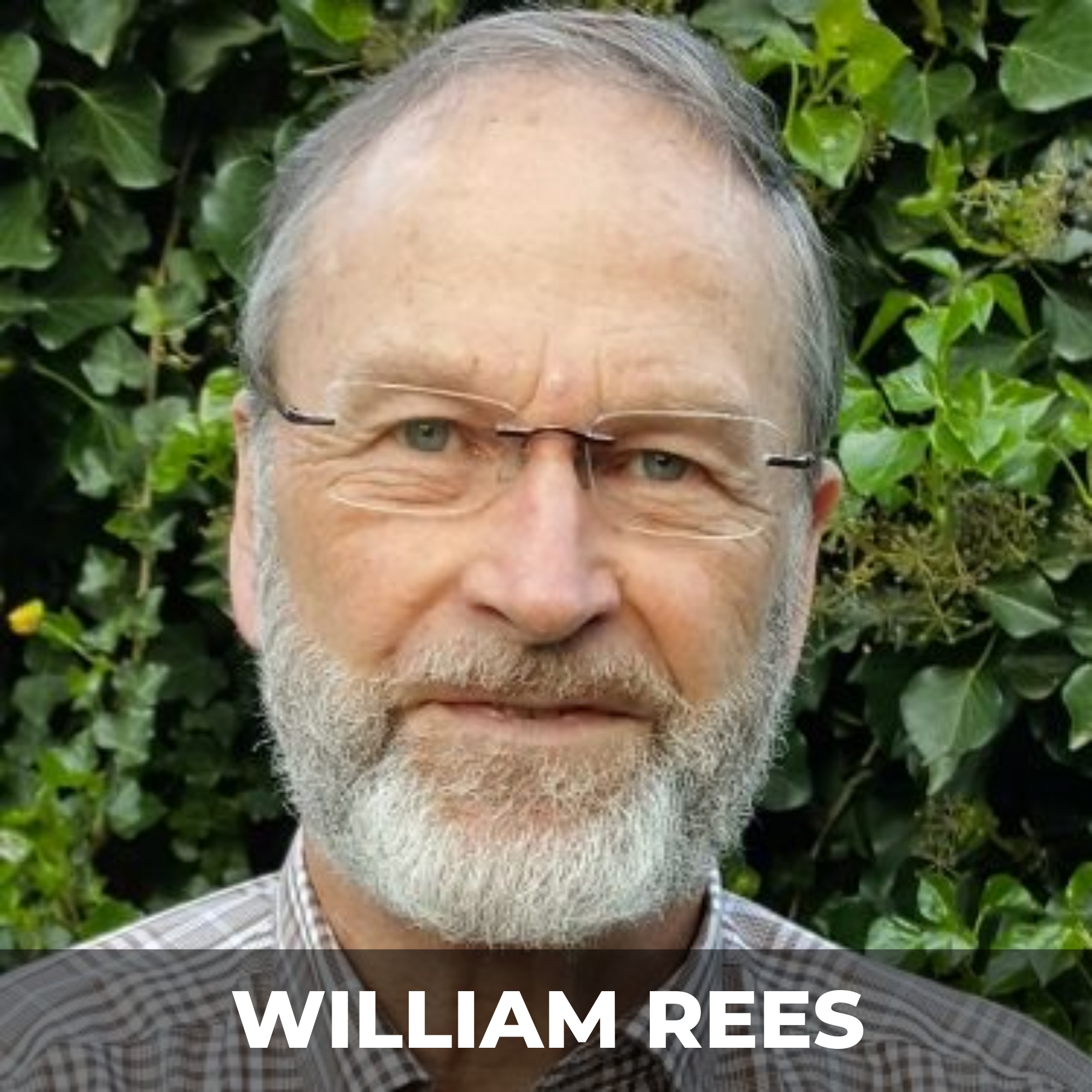
Confronting Ecological Overshoot
How has blind faith in human exceptionalism, neoliberal economics, and technological optimism led us into a state of ecological overshoot? Bill Rees, population ecologist and co-creator of ecological footprint analysis, joins us.
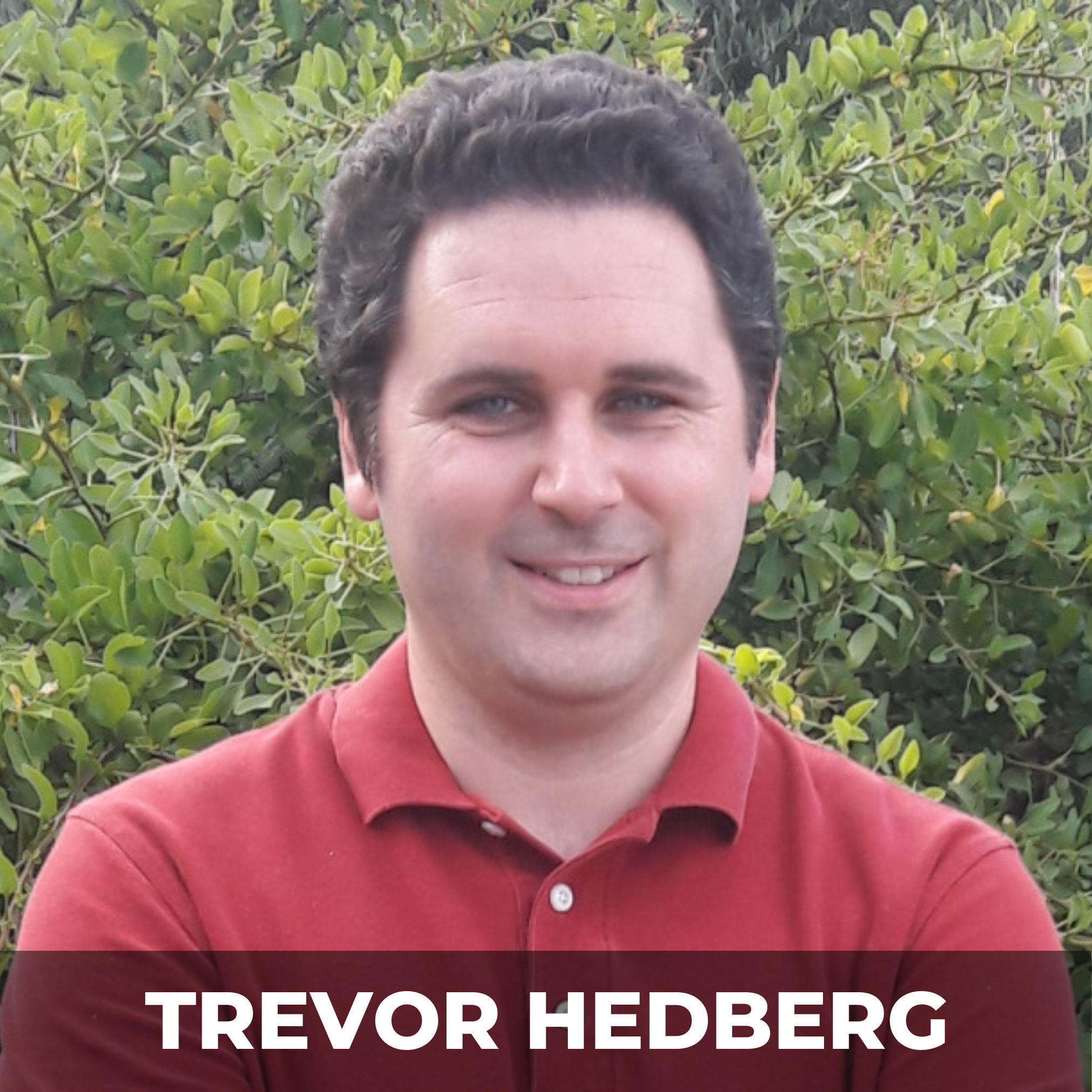
Overpopulation and the Ethics of Procreation
What are the ethical implications of bringing new life into existence, both for the child and the planet? Trevor Hedberg, environmental and procreative ethicist and author of The Environmental Impact of Overpopulation: The Ethics of Procreation, joins us.
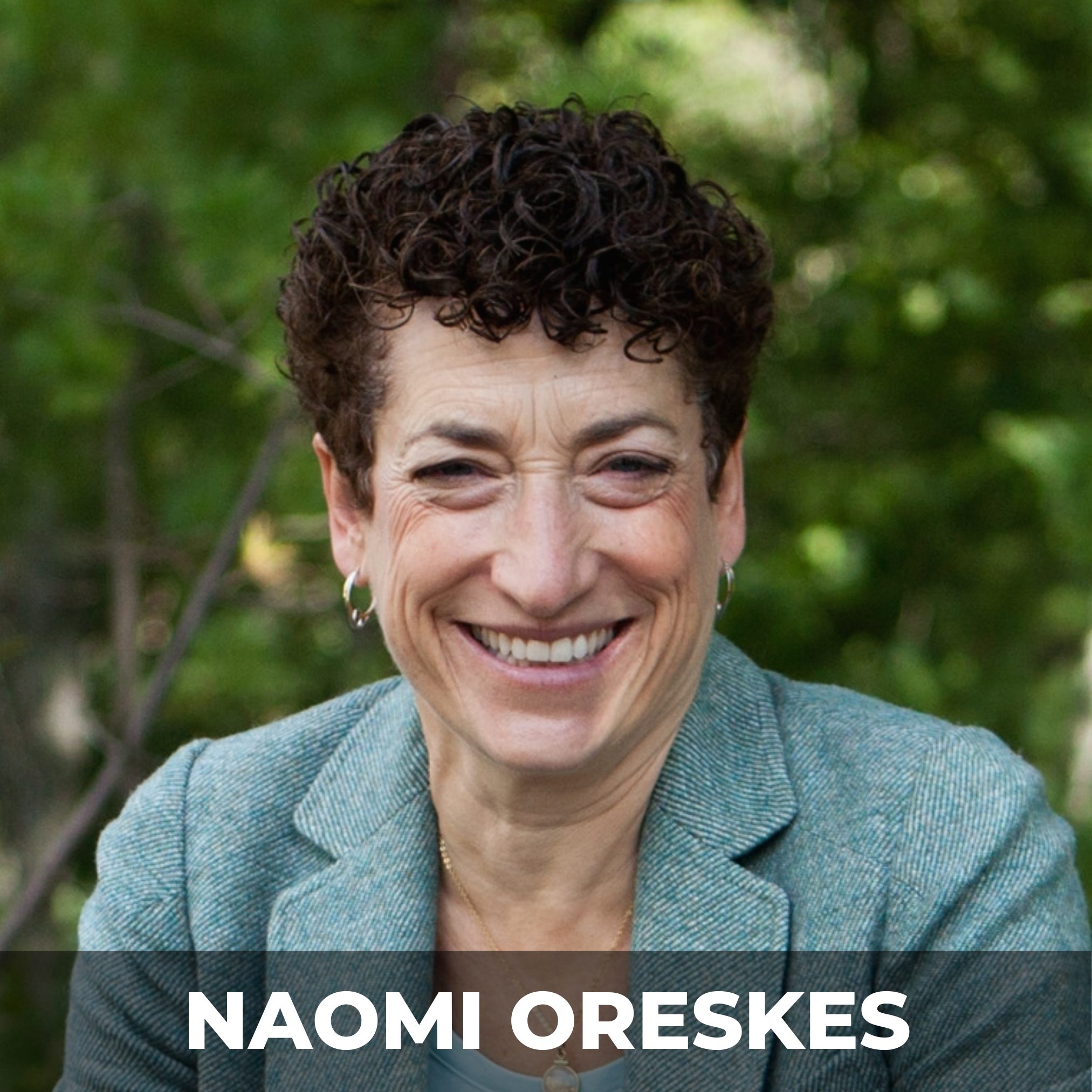
The Dangers of Free-Market Fundamentalism
Free-market fundamentalism undermines democracy and exploits marginalized communities to benefit a small minority of elites. Naomi Oreskes, Professor of the History of Science and Affiliated Professor of Earth and Planetary Sciences at Harvard University and co-author of The Big Myth: How American Business Taught Us to Loathe Government and Love the Free Market, joins us.
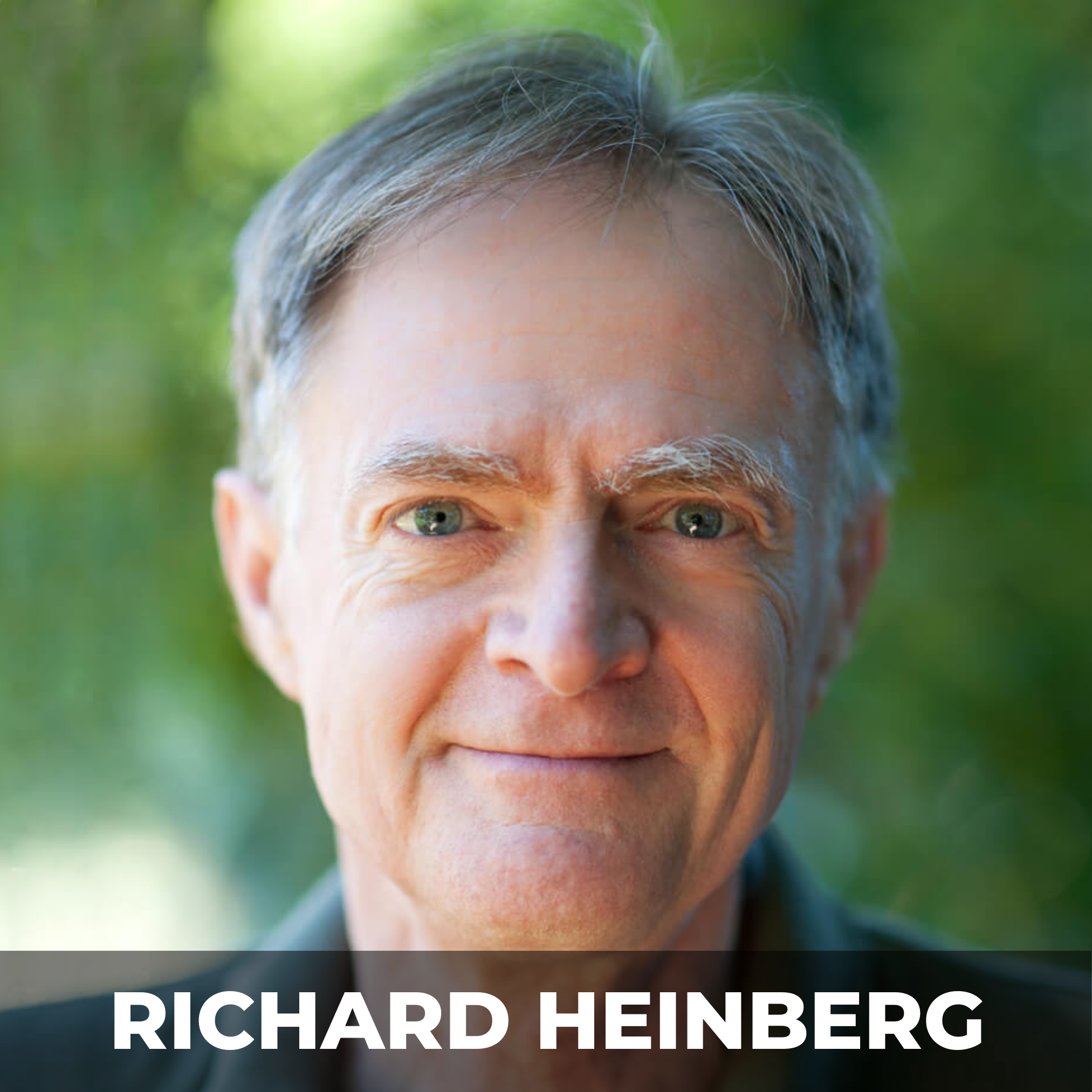
Powering Down: Beyond Growth, Toward Simplicity
Humans are overpowering Earth’s natural systems and oppressing one another. Richard Heinberg, one of the world’s foremost experts on energy and sustainability, joins us to discuss his latest book, Power: Limits and Prospects for Human Survival.
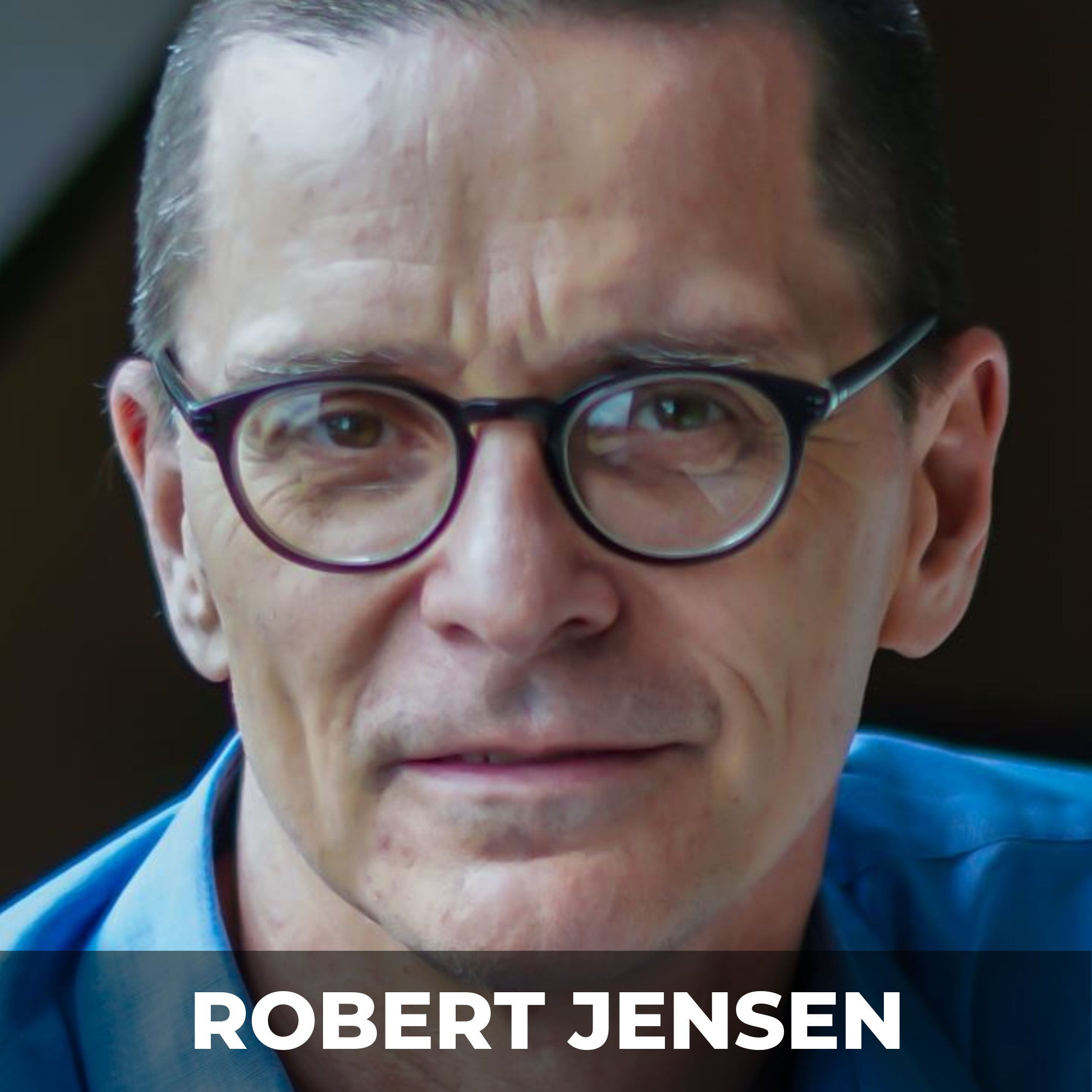
An Inconvenient Apocalypse
The human species faces multiple cascading social and ecological crises that require embracing the limits to growth. Robert Jensen, retired journalism professor, social activist and organizer, and co-author of An Inconvenient Apocalypse: Environmental Collapse, Climate Crisis, and the Fate of Humanity, joins us.






